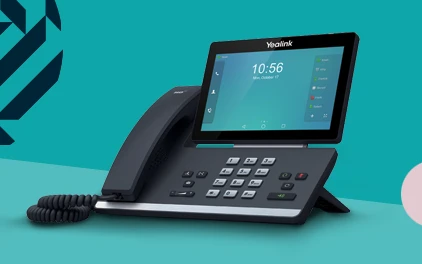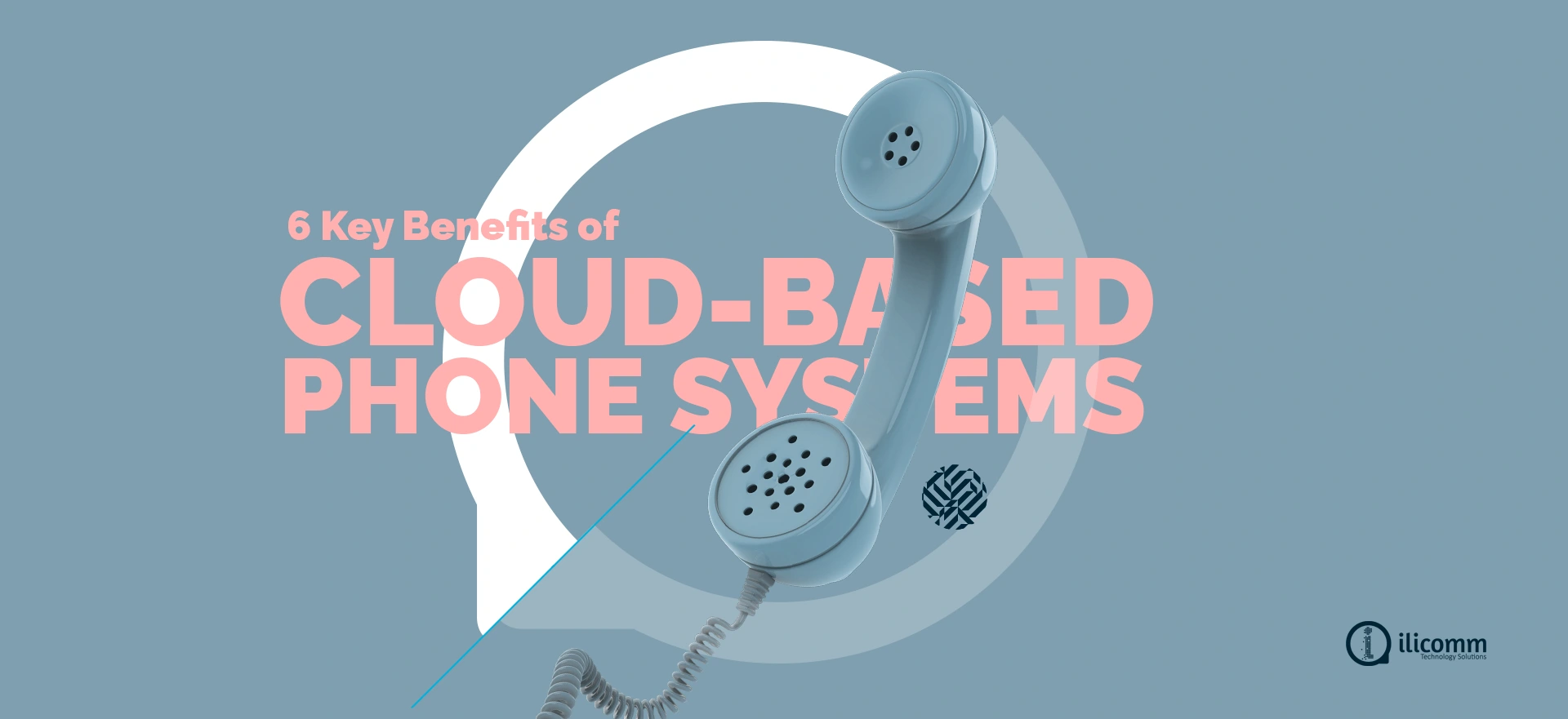For small business to medium-sized businesses, a cloud phone system can help stretch limited IT resources because the application is hosted and managed by a third-party. Anyone can start the process and implement a cloud phone, making this a popular choice in recent years for smaller companies without a dedicated IT department.
Mid-sized organisations with an IT team can benefit as well because of the ease of implementation and flexibility. Using a cloud phone system helps free up those valuable IT resources for other projects and applications that are key to your overall business strategy.
In this article we will discuss the 6 key benefits of moving to a cloud-based phone system.
Easy to Scale
With a traditional phone system, as businesses grow and employee new staff, there are significant costs and time involved with adding additional users. As with many services hosted in the cloud, it is easy to add a user to a cloud-based phone system. This means that businesses only need to pay for the services they need and allows businesses to grow significantly faster without having to worry about having a phone solution for new hires. Similarly, for businesses with a temporary workforce, such as an intake of interns, or contract workers, having a cloud-based telephony solution makes this process easier, and reduces costs.
6 key benefits of moving to cloud-based phone system
Work from Anywhere
With the advent of hybrid working, it is important that all technology used within a business can be used from anywhere on any device. With a cloud telephony solution, such as Microsoft 365 Teams Phone, companies can keep the numbers and features of their previous phone system while allowing employees to take calls from home, the office, or on the go with the Teams mobile app.
6 key benefits of moving to cloud-based phone system
Advanced Call Features
There are many advanced call features that can be implemented with a cloud-based phone system to provide a better experience for customers and increase productivity and reporting capabilities for businesses. Some of the advanced features included with Microsoft 365 Teams Phone include the addition of an auto-attendant, interactive voice response (IVR) and music on hold. An auto-attendant helps customers connect with the correct employee or team, decreasing the amount of time customers spend on hold, creating a better customer experience. IVR allows callers to self-serve their call experience and solve their own query through automated call management paths.
6 key benefits of moving to cloud-based phone system
Easy to Use
Since Microsoft moved the Office application to the cloud, there has been a strong focus on increased collaboration. In Word, for example, if a user is editing a document, they can send the link to another user, and both users can edit the document simultaneously. This is a game-changer for brainstorming new ideas and proofreading documents before a final sign-off.
6 key benefits of moving to cloud-based phone system
Faster Install
Businesses that used a traditional phone system will be accustomed to the long wait times involved with the install of a new phone. An IT team must physically install the phones and the associated lines and hardware for a traditional phone system. In comparison, a cloud-based phone system does not require any on-premises hardware and can often be installed within a few days. All troubleshooting and maintenance can also be done remotely, decreasing downtime and helping businesses increase productivity.

6 key benefits of moving to cloud-based phone system
Better Customer Engagement
A phone system is an important component of the customer experience. A comprehensive cloud telephony solution can enhance the customer experience, and lead to better customer engagement and profitability. Many cloud-based phone systems can also integrate with your current customer relationship management system, which helps employees deliver quality customer experiences, and the data can be analysed to help businesses make data-driven business decisions.









